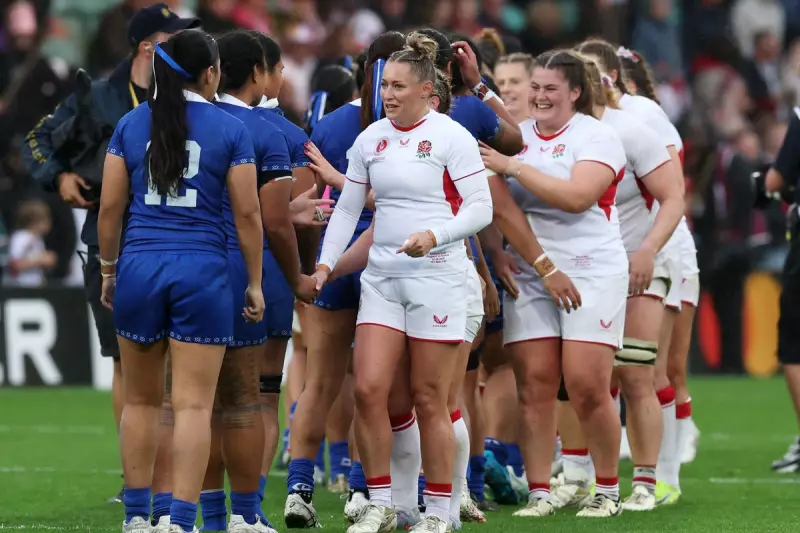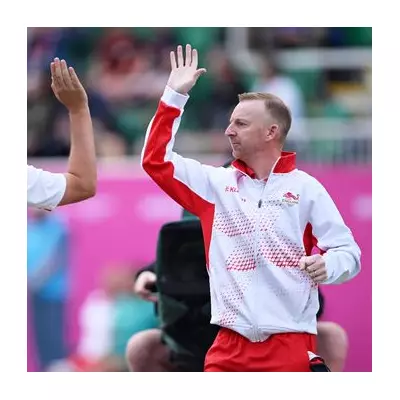
A moment of intense cultural significance at the Rugby World Cup has ignited a complex debate, dividing fans and pundits alike. The incident occurred in Lille, just moments before England faced Samoa in a crucial pool match.
As is tradition, the Samoan team performed their fearsome 'Siva Tau' war dance—a powerful, rhythmic challenge intended to summon their warriors' spirit and intimidate their opponents. The customary response, or lack thereof, from the receiving team is always a point of observation.
This time, the England squad, led by captain Owen Farrell, chose not to stand in a passive line. Instead, they formed a tight, confrontational huddle just metres from the performing Samoans. Many England fans saw this as a show of strength and unity, a modern and acceptable response to a sporting challenge.
However, the act was met with immediate criticism from others who interpreted it as a sign of disrespect towards a sacred Polynesian custom. The visual of the two teams—one engaged in deep cultural ritual, the other in a strategic sports huddle—created a striking and, for some, uncomfortable juxtaposition.
Social media became a battleground for the controversy. One vocal critic stated, "The least the English team could have done was stand there and accept the challenge with respect. Turning their backs and huddling was rude and disappointing."
Conversely, defenders of England's actions argued that the huddle was a legitimate tactical response within the context of elite sport, not an intentional slight. There was no indication from the Samoan team itself that they felt disrespected by England's actions.
This incident touches on a larger, ongoing conversation in international rugby about the protocols surrounding cultural challenges like the Siva Tau, the New Zealand Haka, and the Fijian Cibi. It raises questions about the evolving nature of respect: is it demonstrated by silent, stationary acceptance, or can it be shown through a prepared and passionate response?
The debate continues to rage online, proving that in the modern era, a game's first major clash doesn't always happen after the whistle blows.





